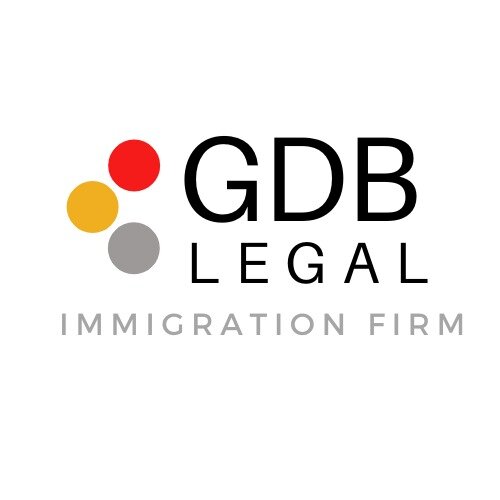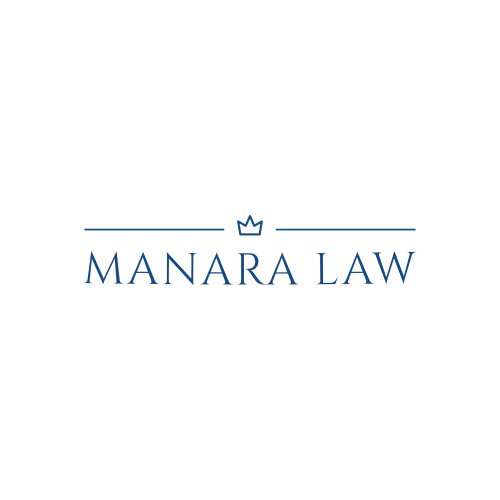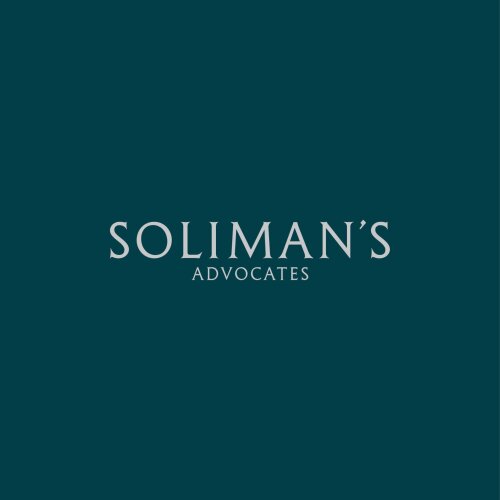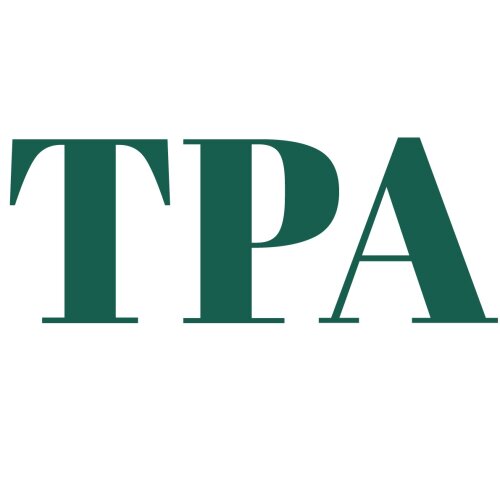Best Lawyers in London
Share your needs with us, get contacted by law firms.
Free. Takes 2 min.
List of the best lawyers in London, United Kingdom
Legal guides written by Konstantina Zivla:
- INTERPOL Red Notices: When Are They Published?
United Kingdom Legal Questions answered by Lawyers
Browse our 17 legal questions in United Kingdom and read the lawyer answers, or ask your own questions for free.
- Divorce (international )
- I'm a British citizen now living in sri Lanka with resident Visa but i will fly back but homeless in UK at the moment. My wife also British citizen she living in UK. We separated from last two years. I have two children, there's I don't have any property's or... Read more →
-
Lawyer answer by Ascendance International Consulting (A-I-C)
It sounds like you're facing a complex situation, but we can help guide you through the divorce process from Sri Lanka. Even though you don’t have the marriage certificate or your wife’s address, you can still apply for divorce by...
Read full answer - Garage damage from water leaking through neighbor’s property
- I have a car garage, and the top of the garage belongs to someone else. It was leaking water from their heater or another source, and water was coming onto my roof all night. I have video of it. The neighbor demanded my tools, electricity, and roof. What legal options... Read more →
-
Lawyer answer by Ascendance International Consulting (A-I-C)
Thank you for your inquiry. In the UK, you may have legal recourse based on the situation you’ve described. If the water damage to your garage was caused by your neighbor’s equipment or property, they could be held liable for...
Read full answer - Litigation
- Litigation due to insolvencies | Commercial dispute with a foreign element As follows: - Complainant: UK based company - Defendant: Swiss based company Main Subject of the Dispute: Seven (7) unpaid invoices out of 24 Available documents signed by the counterpart: . Company Quotations . Client's Purchase Orders . Timesheets... Read more →
-
Lawyer answer by Ascendance International Consulting (A-I-C)
Thank you for reaching out. Based on the information you’ve provided, it appears that there is a viable basis for pursuing an amicable settlement, notwithstanding the absence of a formally countersigned agreement. The existence of signed quotations, purchase orders, timesheets,...
Read full answer
United Kingdom Legal Articles
Browse our 6 legal articles in United Kingdom written by expert lawyers.
- INTERPOL Red Notices: When Are They Published?
- Interpol is widely perceived as a supranational police force empowered to investigate, arrest, and pursue individuals across borders. That perception is incorrect. Interpol conducts no investigations, determines neither guilt nor innocence, and possesses no arrest powers. It is neither a “global police authority” nor a judicial body issuing warrants against... Read more →
- How to File for Divorce in United Kingdom: Step-by-Step
- Family law in the UK is mainly about relationship breakdown, children, money, and protection from abuse, with slightly different rules in England and Wales, Scotland, and Northern Ireland. Ending a marriage or civil partnership is now "no fault" in England and Wales, with a minimum overall timescale of about 6... Read more →
- Fired Without Warning in the UK: Wrongful Dismissal Guide
- Most UK workplace rights (unfair dismissal, redundancy pay, family leave) apply only to "employees", while "workers" have limited rights and the genuinely self-employed have very few. Employers must give employees a written statement of main terms on or before day 1 of employment and must pay at least the National... Read more →
About Hiring a Lawyer in London, United Kingdom
Hiring a lawyer in London involves identifying the specific legal expertise you need and finding a professional who is well-versed in that area. London, as a global hub, has a plethora of law firms ranging from large international firms to specialized boutique practices. The process typically starts by consulting with potential lawyers or firms to discuss your needs and gather information about their experience and fees. Ensure the lawyer is accredited and has a practising certificate issued by the Solicitors Regulation Authority (SRA) or is a member of the Bar Council if you're seeking a barrister. It's important to check their track record and see if they have previously handled similar cases successfully.
Why You May Need a Lawyer
There are numerous situations where legal expertise is essential. Some common scenarios include:
- Personal Injury Claims: If you have been injured due to someone else's negligence, a lawyer can help you get compensation.
- Family Law Matters: During divorces, custody disputes, or adoption, legal guidance is critical.
- Buying or Selling Property: Lawyers ensure all legal aspects of property transactions are managed appropriately.
- Employment Disputes: Whether you're facing an unfair dismissal or harassment at the workplace, legal advice can be vital.
- Criminal Charges: If you've been accused of a crime, obtaining legal representation is crucial for defense.
- Business Law: Starting or running a business often requires legal assistance with contracts, compliance, mergers, etc.
Local Laws Overview
Legal practitioners in London are governed by UK law, which includes both statutory and common law. Solicitors typically deal with transactional and paperwork aspects of the legal world, while barristers often handle advocacy in court. Key local laws affecting legal practice include the Human Rights Act, the Equality Act, data protection laws, and a range of employment regulations. London’s courts, including the commercial courts and family courts, are integral in upholding these laws, and understanding local legal nuances is essential for case success.
Frequently Asked Questions
What qualifications should I look for in a lawyer?
Ensure the lawyer is registered with the SRA if they are a solicitor, or with the Bar Council if they are a barrister. They should also have relevant experience in the specific area of law you require.
How are legal fees structured in London?
Legal fees can vary widely. They may be charged hourly, on a flat fee, or on a contingency basis, particularly in personal injury cases. It's crucial to discuss and agree on fees before commencement.
What should I bring to my first consultation?
Bring any relevant documents, a clear description of the issue, and a list of questions you might have regarding your legal situation.
How can I verify a lawyer’s credentials?
Check the solicitor’s record on the Solicitor’s Regulation Authority website or the Bar Standards Board for barristers, which provide public records of qualifications and any disciplinary issues.
What if I can’t afford a lawyer?
Look for legal aid clinics, pro bono services, or charities that can provide assistance. Some lawyers may offer flexible payment plans based on your circumstances.
How long does it take to resolve a legal matter?
The duration can vary widely depending on the complexity of the case, court availability, and negotiation requirements. Ask your lawyer for a timeline estimate.
Can I change my lawyer during a case?
Yes, you can switch lawyers mid-case, though it might incur additional costs and delay the process. Communicate clearly with your lawyer about any concerns and try to resolve issues first.
Are there special considerations for business law in London?
Yes, London’s business legal environment is complex, including extensive regulatory compliance and contract law matters. It’s advisable to have a lawyer who specializes in corporate or commercial law.
What is the difference between a solicitor and a barrister?
Solicitors generally handle legal paperwork and advice, while barristers represent clients in court. Solicitors often engage barristers for court proceedings.
Can law firms handle legal matters from other jurisdictions?
Some international firms in London can handle cases across multiple jurisdictions. However, it's essential to ensure they have appropriate expertise and licences for the specific jurisdictional laws involved.
Additional Resources
Consider reaching out to the following organizations for help and information:
- Citizens Advice Bureau: Provides free advice on a range of issues, including legal matters.
- The Law Society of England and Wales: Offers guidance on finding the right lawyer.
- Bar Standards Board: Regulates barristers and offers information on qualifications and certifications.
- Legal Aid Agency: Assists with legal costs for those who qualify.
Next Steps
If you need legal assistance in London, begin by clearly defining the type and extent of help you require. Research and shortlist potential lawyers or firms that specialize in your area of need. Schedule initial consultations to understand their approach and fee structure. Don’t forget to verify their credentials and ask for client testimonials or references. Successfully engaging with the right legal professional can substantially ease your legal journey in London.
Lawzana helps you find the best lawyers and law firms in London through a curated and pre-screened list of qualified legal professionals. Our platform offers rankings and detailed profiles of attorneys and law firms, allowing you to compare based on practice areas, experience, and client feedback.
Each profile includes a description of the firm's areas of practice, client reviews, team members and partners, year of establishment, spoken languages, office locations, contact information, social media presence, and any published articles or resources. Most firms on our platform speak English and are experienced in both local and international legal matters.
Get a quote from top-rated law firms in London, United Kingdom — quickly, securely, and without unnecessary hassle.
Disclaimer:
The information provided on this page is for general informational purposes only and does not constitute legal advice. While we strive to ensure the accuracy and relevance of the content, legal information may change over time, and interpretations of the law can vary. You should always consult with a qualified legal professional for advice specific to your situation.
We disclaim all liability for actions taken or not taken based on the content of this page. If you believe any information is incorrect or outdated, please contact us, and we will review and update it where appropriate.
Refine your search by selecting a practice area.




































